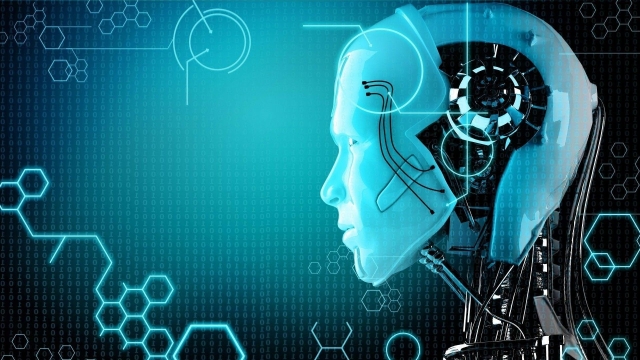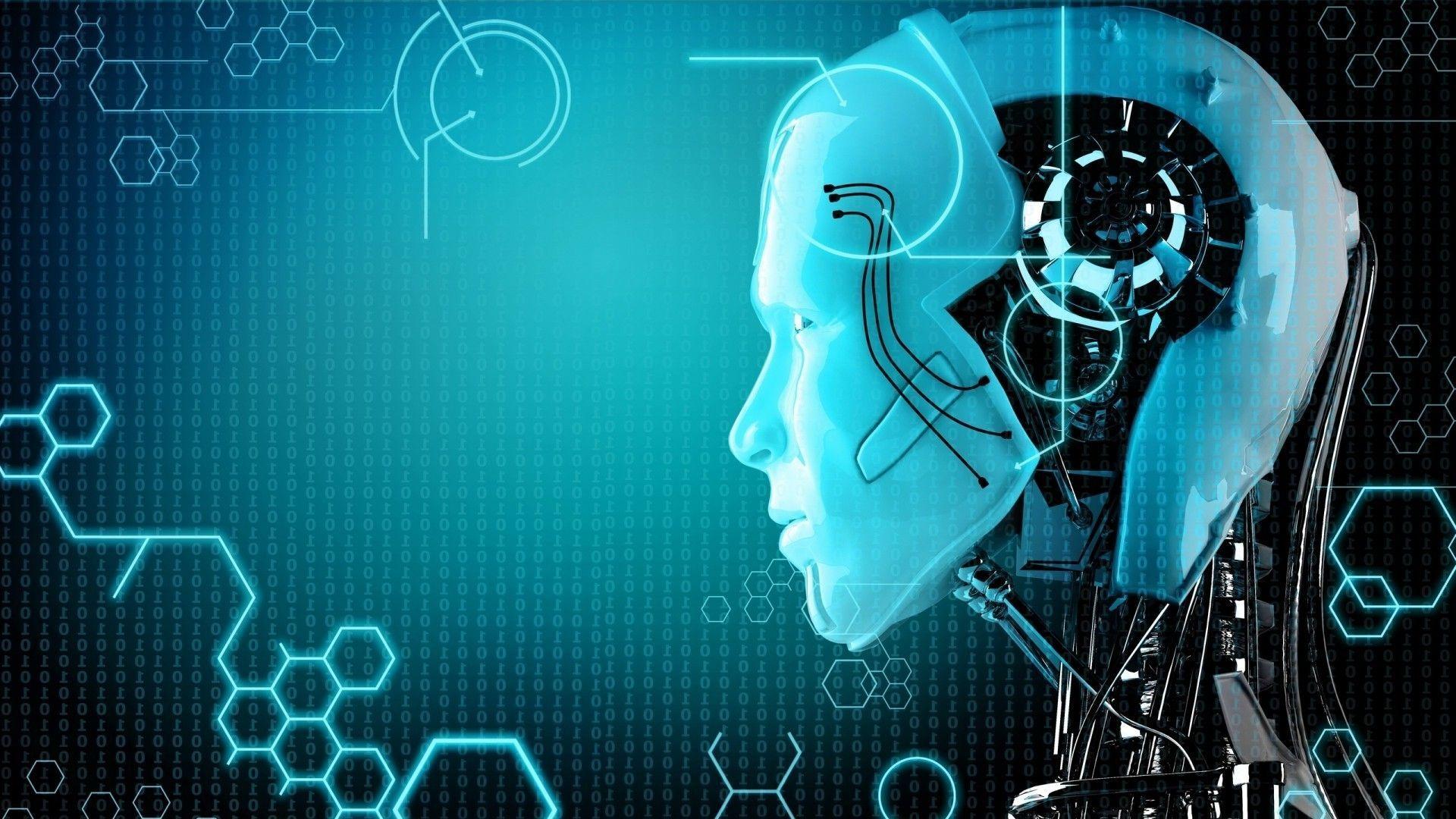
The Rise of AI: Transforming Tomorrow
- by Jose Bryant

Artificial intelligence, often abbreviated as AI, is revolutionizing the way we live, work, and interact with technology. It has transitioned from the realm of science fiction to become an integral part of our daily lives. AI encompasses the development of algorithms and computational systems that can perform tasks that typically require human intelligence, such as problem-solving, learning, and decision-making. This transformative technology has the potential to enhance efficiency, accuracy, and innovation across various industries, paving the way for a future where machines can mimic and even surpass human intelligence.
Impacts on Industries
Artificial intelligence is revolutionizing industries around the globe. Its ability to analyze vast amounts of data in real-time is reshaping the way businesses operate. Companies are leveraging AI to streamline processes, boost efficiency, and drive innovation.
In the healthcare sector, AI is enhancing patient care by facilitating personalized treatment plans based on individual medical histories and genetic profiles. This has led to improved diagnostic accuracy, optimized resource allocation, and ultimately, better patient outcomes.
In the financial services industry, AI is being used to detect fraudulent activities with greater speed and accuracy. By analyzing patterns and anomalies in transactions, AI algorithms help financial institutions prevent financial losses while safeguarding customer information.
Ethical Concerns
Artificial intelligence raises important ethical questions. Many experts warn about the potential for biases in AI algorithms. Ensuring fairness and transparency in AI decision-making processes is crucial to mitigate these biases and uphold ethical standards.
Privacy concerns are also at the forefront of AI discussions. The vast amount of personal data gathered by AI systems can raise serious privacy issues. Striking a balance between utilizing data for innovation and protecting individuals’ privacy rights is a complex ethical challenge that needs careful consideration.
Moreover, the increasing autonomy of AI systems leads to debates about accountability. As AI makes more decisions on its own, it becomes important to clarify who is responsible for the outcomes. Establishing frameworks for accountability and addressing the ethical implications of AI autonomy are essential steps for the responsible development and deployment of artificial intelligence technologies.
Artificial Intelligence Search Engine
Future Developments
In the near future, advancements in artificial intelligence are projected to continue at a rapid pace. Researchers and developers are focusing on enhancing AI algorithms to improve accuracy and efficiency in a wide range of applications. Additionally, the integration of AI with other technologies such as the Internet of Things (IoT) is set to revolutionize industries and everyday life.
One key area of future development in artificial intelligence is the exploration of autonomous systems. These AI-powered systems have the potential to operate independently and make decisions without human intervention, leading to increased automation in various sectors. As advancements progress, autonomous AI is expected to reshape transportation, manufacturing, healthcare, and more.
Furthermore, the rise of explainable AI is becoming crucial in the quest to make AI systems more transparent and trustworthy. The ability to interpret and understand how AI arrives at specific decisions is gaining importance in critical applications such as healthcare, finance, and legal sectors. By focusing on developing explainable AI models, researchers aim to bridge the gap between advanced AI capabilities and human understanding.
Artificial intelligence, often abbreviated as AI, is revolutionizing the way we live, work, and interact with technology. It has transitioned from the realm of science fiction to become an integral part of our daily lives. AI encompasses the development of algorithms and computational systems that can perform tasks that typically require human intelligence, such as…